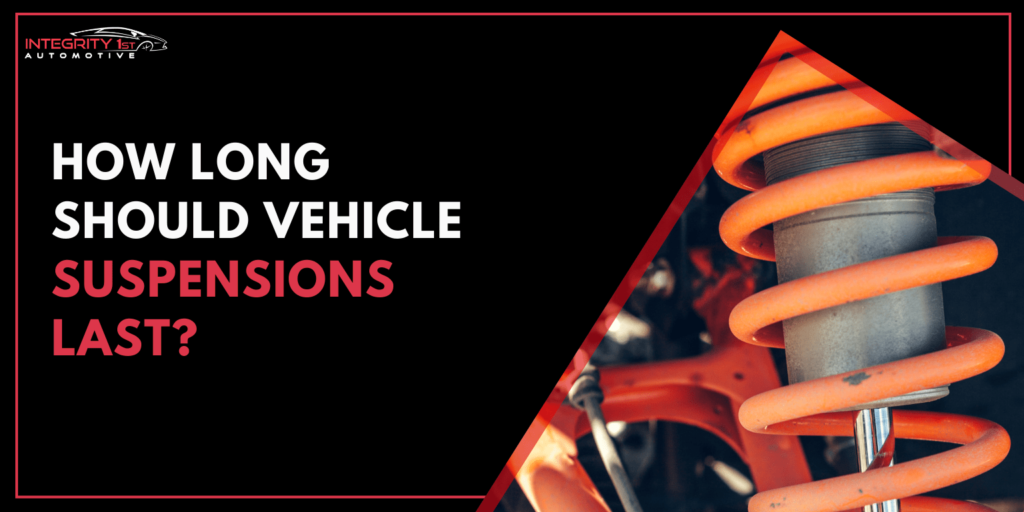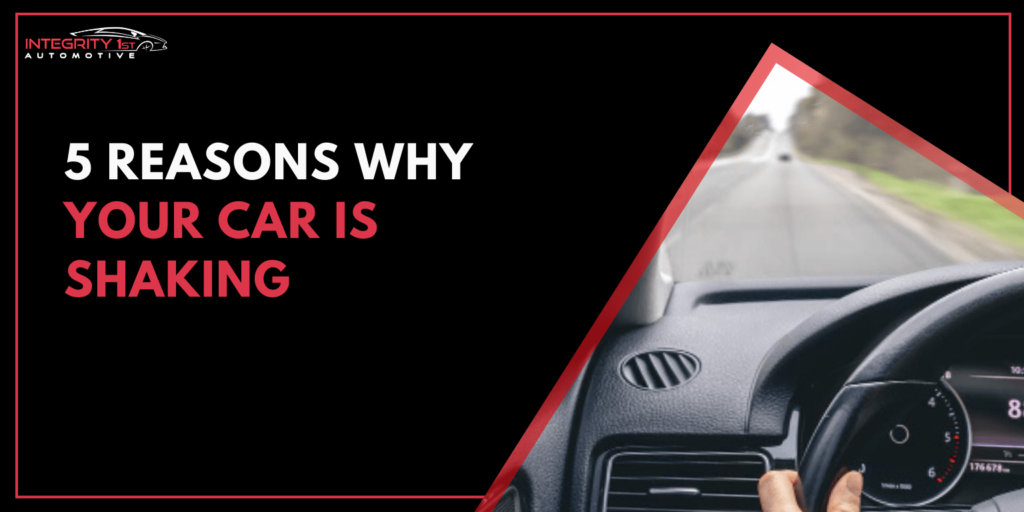More often than not, the argument for keeping and repairing your current vehicle is much stronger than purchasing a new or used vehicle. We dive into the details below!
Do You Repair Or Do You Sell Your Car?
So you find yourself in a situation where your current vehicle is starting to show signs of age and impending (maybe costly) repairs have hit your plate. You’re wondering if it’s worth re-investing in your current vehicle, or if it’s time to say goodbye and look into purchasing a new one. If this sounds like a situation you’re currently in; no need to worry! Below we break down some key variables to consider to ensure you’re making a sound financial decision.
1) Is Your Vehicle Already Paid Off?
If your car is already paid off, aside from insurance, gas, and general maintenance, you have no recurring payments to worry about. Purchasing a new vehicle requires deposits, monthly fees, and interest! In the majority of cases, the savings found from retaining, maintaining and repairing your current vehicle far outweigh the costs of a new vehicle. This is true even in the case of buying a used vehicle.

Another perk of keeping your current vehicle is that it is yours! If you’re engaging in a monthly payment on a new or used vehicle, you still do not own the vehicle until the loans are paid off. If your vehicle is paid off, you don’t have to worry about that stain on the seat, or that dent you found on the fender. Family vehicles tend to get so much wear and tear but in an old car it’s nice not to worry as much over vinyl scratches by sport equipment or stuck on gum-balls.
If you plan on buying a new vehicle; the value of that asset drops up to 40% from the moment you’ve driven it off the lot. New car prices have gone up after the pandemic and so have the prices for used cars because of the demand. Americans do drive more these days, studies show commute to work has increased. With preventative maintenance your old car can last quite long.
2) Your Car Is Built To Drive A Quarter Million Miles!
If you think your vehicle is ‘old’ – think again. According to the New York Times, if your car was built in the last few decades – it should be able to surpass 250,000 miles (granted you’re performing regular maintenance).
Mike Calkins, Manager of technical services at AAA
3) You Will Save On Automotive Insurance Premiums
Since vehicle values depreciates with age, your older car will often cost less to insure than a newer vehicle. Moreover, as your car ages, it becomes cheaper to replace in the unfortunate case it gets totaled – so you don’t need to purchase additional insurance coverages like comprehensive or collision coverage.
4) Used Vehicle Prices Have Risen Over 40% Since THE 2020 Pandemic

Aside from inflation hitting our pockets at the grocery store, it’s also had a massive impact on vehicle prices! This is attributed to production slowdowns and a global microchip shortage. A CNBC report found that a used vehicle priced at $20,000 in 2019 would now be sold for $28,000 in 2023.
Unless you genuinely need a new or used vehicle, you’re recommended to hold off to avoid paying these abhorrent inflation premiums. When buying a new car, most financial planners suggest you spend no more than 15% of your monthly income (after taxes) towards all automotive related expenses including the vehicle, gas, maintenance, and insurance.
When it comes to purchasing a used car, we all know someone with a used-car nightmare story, so we’ve highlighted the Top 7 things to lookout for before buying a used vehicle.
5) Interest Rates Have Skyrocketed!
According to a recent CNN report, the average new car loan interest rate reached 5.70% in the third quarter of 2022. This is one of the main factors influencing Americans to hold on to their cars longer; in fact, the average car on our roads today is over 12 years old – a number which is predicted to increase in the coming years. Unless you’re paying for a vehicle outright, the cost of borrowing on a new loan heavily outweighs the cost of maintaining and repairing your current vehicle.
Here’s A Report On The Most Used Car Listings With Over 200,000 Miles
If your circumstances are forcing you in the direction to sell your current vehicle and purchase a new one. This report should give you an indication of vehicle makes and models which are lasting the longest!
VEHICLE | IMAGE | FUN FACT |
Ford F-250 | 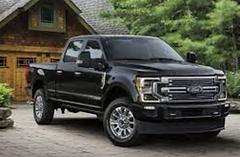 | Ford’s F-Series has been America’s best selling truck for 4 decades |
Chevrolet Silverado 2500 | 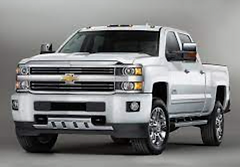 | Millenials are buying the most trucks these days! |
Honda Accord | 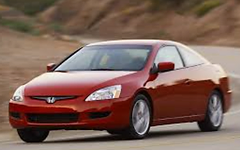 | The Accord has been selected as one of the 10 Best Cars by Car and Driver magazine a total of 27 times-more than any other car. |
Subaru Legacy | 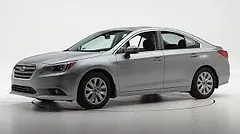 | Always a boxer engine |
Honda Odyssey |  | Was based on the Honda Accord platform when first introduced. |
Whether You Keep Your Car, Or Get a New One – Make It Last!

All vehicle manufacturers provide vehicle owners, you and I, with service schedules designed to ensure the vehicle lasts as long as possible. Most service intervals are every 10,000 – 15,000 miles. You can head over to any Integrity 1st Automotive and simply ask for your service schedule, and our Service Advisors will have it printed out for you in a jiffy!


